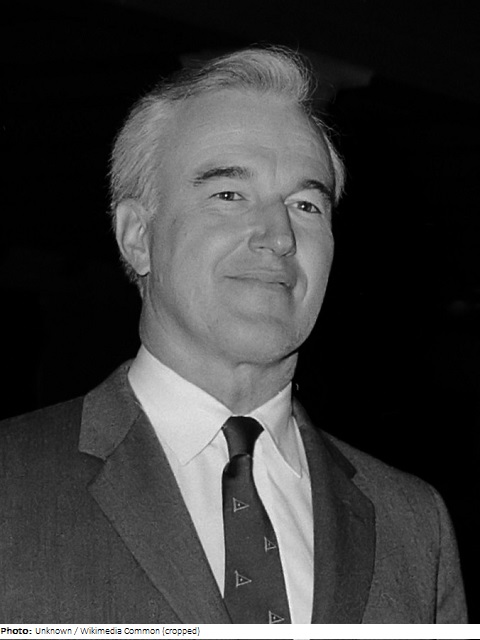After graduating from Penn, Britton Chance earned a PhD in physical chemistry from that school, and then attended Cambridge, receiving another PhD in physiology. A renowned scientist, he subsequently received honorary doctorates from many other universities, both in the United States and abroad. For the 1974 America’s Cup Trials, two of the contenders to defend the Cup for the United States were Mariner and Valiant. Chance was the designer of Mariner and assisted in the design of Valiant. At the 1952 Olympics, Chance skippered his boat, Complex ll to victory with the twins, Ed and Sumner White, as his crew. Chance’s son, Britton, Jr., was an alternate to the 1964 Olympic team.
Chance later became a professor of biochemistry at Penn, and was chairman of the department of biophysics and physical biochemistry, but was recognized as a distinguished academic in a variety of scientific fields, and had an endowed chair in the Department of Radiology at Penn. In 1995, new research laboratories at Penn were opened, and named, partially in his honor, the Stellar-Chance Laboratories. He was a member of the US National Academy of Sciences, the American Philosophical Society, and a foreign member of the Royal Society of London. His memberships, awards, and honorary degrees are almost too numerous to list, including virtually every award available to him, save the Nobel Prize. Most notably in 1974 he received the National Medal of Science from the US government, and in 1990 was given The Benjamin Franklin Medal for Distinguished Achievement in the Sciences by the American Philosophical Society. Chance published over 1,300 scientific papers.

 United States
United States USA
USA